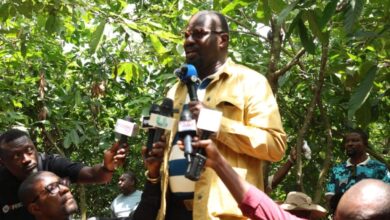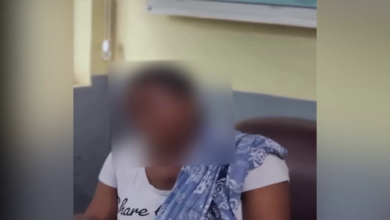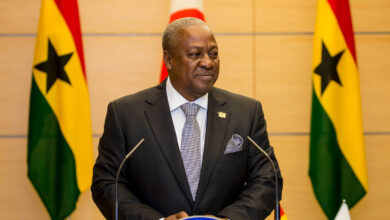Official Creditors’ MoU will support IMF Board’s approval of US$360m – IMF MD

Kristalina Georgieva, Managing Director of the International Monetary Fund (IMF), says, the agreement reached between Ghana and its Official Creditor Committee (OCC) will be helpful in the approval of the country’s US$360 million third tranche.
In a social media post on Wednesday, she congratulated the country on reaching an agreement with the OCC, saying, “this will support the IMF Executive Board’s consideration of the programme’s second review later this month.”
This comes shortly after the Ministry of Finance announced the development on the restructuring of some US$13 billion external debt, marking a crucial step towards Ghana, restoring long-term debt sustainability.
Dr Mohammed Amin Adam, Minister of Finance, explained that the agreement would bolster the current and ongoing discussions with private creditors in finding a comparable agreement as early as possible.
“This landmark agreement marks an extraordinary milestone in Ghana’s debt restructuring journey and will further strengthen our ambitious reform agenda with the strong support of our development partners,” he said.
In an interview with the Ghana News Agency, Professor Godfred Alufar Bokpin, an Economist, described the agreement reached as “major breakthrough” in the country’s debt restructuring process.
“From all indications, the MoU would be finalised latest by the end of this month, and the IMF Executive Board would approve the second review, which would occasion the release the third tranche of US$360m,” he said.
“There’s reasonable certainty that by the end of the month, we should be getting the third tranche, and it’s good news, but that’s not what will solve all the problems,” he added.
He called for intensification of reforms to address some structural benchmark, including inflation and exchange rate pressures, to consolidate the gains made and make it long-lasting.
Recounting on previous IMF-loan support programme, Prof Bokpin cautioned against relaxing the efforts for the third review of the programme, urging the media, academia, and Civil Society Organisations (CSOs) to lead that charge.
“The third review, which will happen towards the latter part of this year and happen within the hot season of the election is where the risk is; and that’s where we need to focus our attention on.”
He said it was because the country’s history has indicated that in in almost all presidential cycles, under an IMF programme, the government tended not to take the review that happened at the peak of the election seriously.
He urged the government to work towards structural benchmarks for the third review, including fiscal responsibilities, and make policies in that regard tighter as a restraint on “excessive expenditure.”




